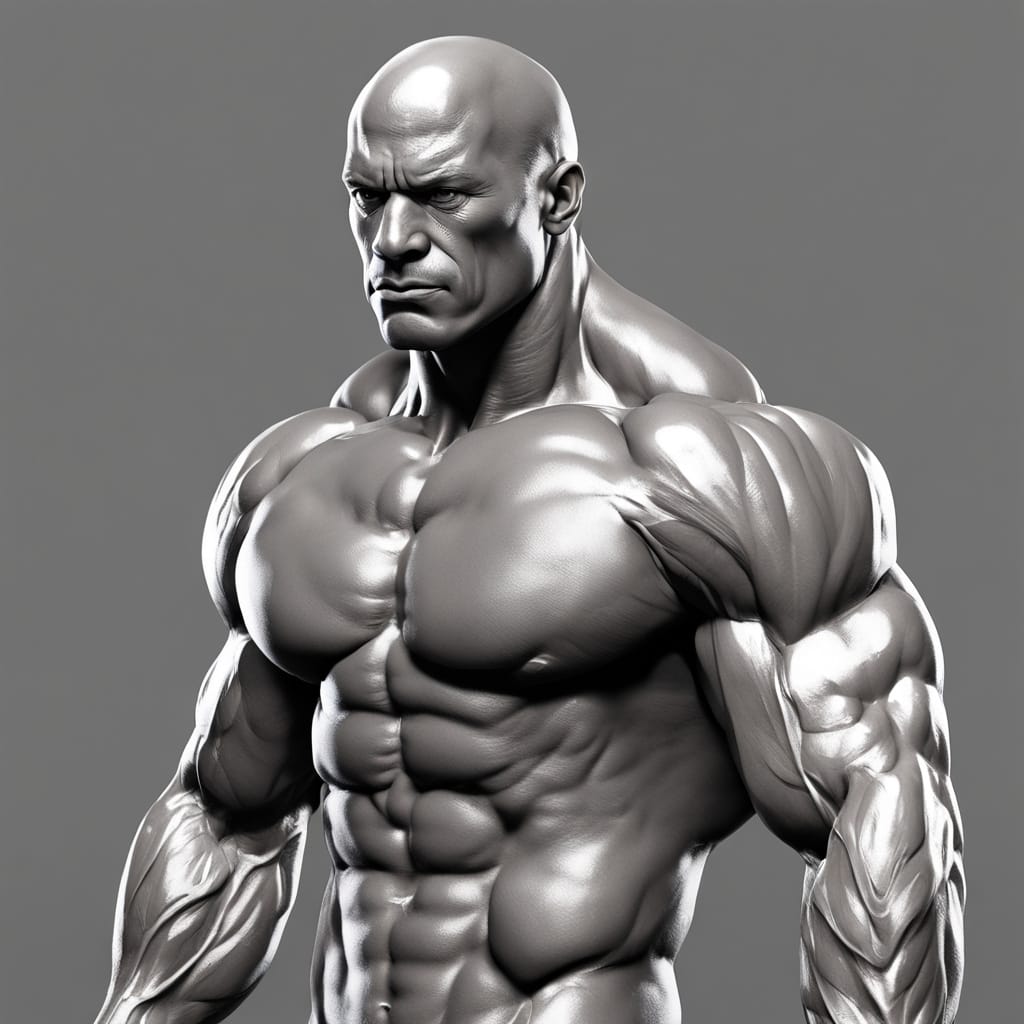The Evolution and Impact of Bodybuilding: A Global Phenomenon

Bodybuilding has grown into a globally recognized sport. It involves rigorous training, strict nutrition, and intense competition. The sport has its roots in ancient history but gained widespread appeal in the 20th century. Today, millions of athletes participate in amateur and professional bodybuilding competitions. The sport has significant cultural, political, and social relevance worldwide. Understanding its history, rules, and impact provides insight into why bodybuilding continues to thrive.
The Origins and History
It traces back to ancient civilizations. In Greece and Egypt, athletes trained to enhance strength and aesthetics. Sculptures from this period display muscular physiques, reflecting admiration for physical excellence. During the 19th century, strongmen performed feats of strength in public exhibitions. These events laid the groundwork for modern bodybuilding.
Eugen Sandow, a German bodybuilder, popularized the sport in the late 1800s. He emphasized muscle definition and symmetry over sheer strength. In 1901, Sandow organized the first bodybuilding competition in London. His influence shaped the competitive nature of the sport.
The 20th century saw rapid growth. The International Federation of Bodybuilding & Fitness (IFBB) formed in 1946. The introduction of the Mr. Olympia contest in 1965 brought it mainstream recognition. Legends like Arnold Schwarzenegger and Ronnie Coleman elevated the sport’s popularity. Over the decades, it evolved into a structured competition with distinct rules and categories.
The Global Popularity
It is popular worldwide. The sport thrives in North America, Europe, and Asia. Countries like the United States, Brazil, and Iran produce top-tier competitors. Gyms and fitness centers across the world provide training facilities for enthusiasts. International competitions, such as the Arnold Classic and Mr. Olympia, attract thousands of spectators.
Social media has further expanded bodybuilding’s appeal. Athletes share training routines and diets online, inspiring millions. Fitness influencers and professional bodybuilders use platforms like Instagram and YouTube to engage with fans. The rise of fitness culture has contributed to the sport’s growth.
Sponsorships and endorsements play a crucial role. Companies invest in athletes and competitions, bringing financial stability to the sport. Supplement and apparel brands actively support bodybuilding events. These investments ensure continuous expansion and innovation.
Amateur Bodybuilding and Youth Participation
Amateur bodybuilding serves as the foundation for professional success. Many aspiring athletes begin training at a young age. High schools and universities introduce fitness programs that include weight training. Some institutions host amateur bodybuilding competitions, encouraging youth participation.
Several organizations oversee amateur bodybuilding. The IFBB Amateur League provides a platform for newcomers. Local and national competitions offer exposure and experience. Athletes compete in various categories based on weight, age, and gender.
Bodybuilding also promotes healthy lifestyles among youth. It teaches discipline, nutrition, and goal setting. Many young athletes use it as a stepping stone to careers in fitness training and personal coaching.
Professional Bodybuilding Leagues
Professional bodybuilding consists of several leagues. The IFBB Pro League is the most prestigious. It governs major competitions like Mr. Olympia and the Arnold Classic. Athletes must earn a pro card through amateur victories to compete at the professional level.
Other leagues also contribute to the sport’s growth. The World Natural Bodybuilding Federation (WNBF) promotes drug-free competition. The National Physique Committee (NPC) serves as a primary amateur-to-pro transition organization. Additionally, the Professional Natural Bodybuilding Association (PNBA) focuses on natural bodybuilding.
These leagues offer financial incentives and global recognition. Prize money, sponsorship deals, and endorsements provide athletes with career opportunities. Competitors travel internationally to participate in events, further expanding the sport’s reach.
The Political and Social Impact
Bodybuilding holds political and social significance. The sport has influenced policies on performance-enhancing drugs. Governments and sports organizations enforce regulations to ensure fair competition. Anti-doping agencies work to maintain integrity within the sport.
Socially, it promotes body positivity and self-improvement. It encourages individuals to set fitness goals and adopt healthier lifestyles. The sport has also helped break gender stereotypes. Female bodybuilders have gained recognition and respect, challenging traditional beauty standards.
Moreover, bodybuilding has contributed to economic growth. The fitness industry generates billions annually. Gym memberships, supplements, and equipment sales drive revenue. The sport also boosts tourism, as international competitions attract visitors and sponsorships.
Rules and Regulations in Bodybuilding
Competitions follow strict rules. Athletes are judged on muscle size, symmetry, and conditioning. Judges assess contestants in different poses, including the front double biceps and side chest. Presentation and stage presence play a role in scoring.
Weight classes and divisions ensure fair competition. Categories include men’s open, classic physique, and women’s bodybuilding. Natural bodybuilding leagues conduct drug testing to maintain fairness.
Preparation involves extensive dieting and training. Competitors follow strict meal plans and workout regimens. Water intake manipulation, also known as peak week preparation, enhances muscle definition before competitions. Athletes must adhere to federation rules regarding attire, tanning, and posing routines.
Disqualifications occur for rule violations. The use of banned substances leads to suspensions. Unsportsmanlike conduct also results in penalties. Judges emphasize discipline and professionalism among competitors.
Conclusion
Bodybuilding remains a powerful sport that influences millions worldwide. Its historical roots, global popularity, and structured competitions make it a thriving industry. Amateur and professional leagues provide opportunities for athletes to excel. The sport also carries social and political weight, shaping fitness culture and public health. By understanding the rules and significance of bodybuilding, enthusiasts can appreciate its lasting impact on society.





